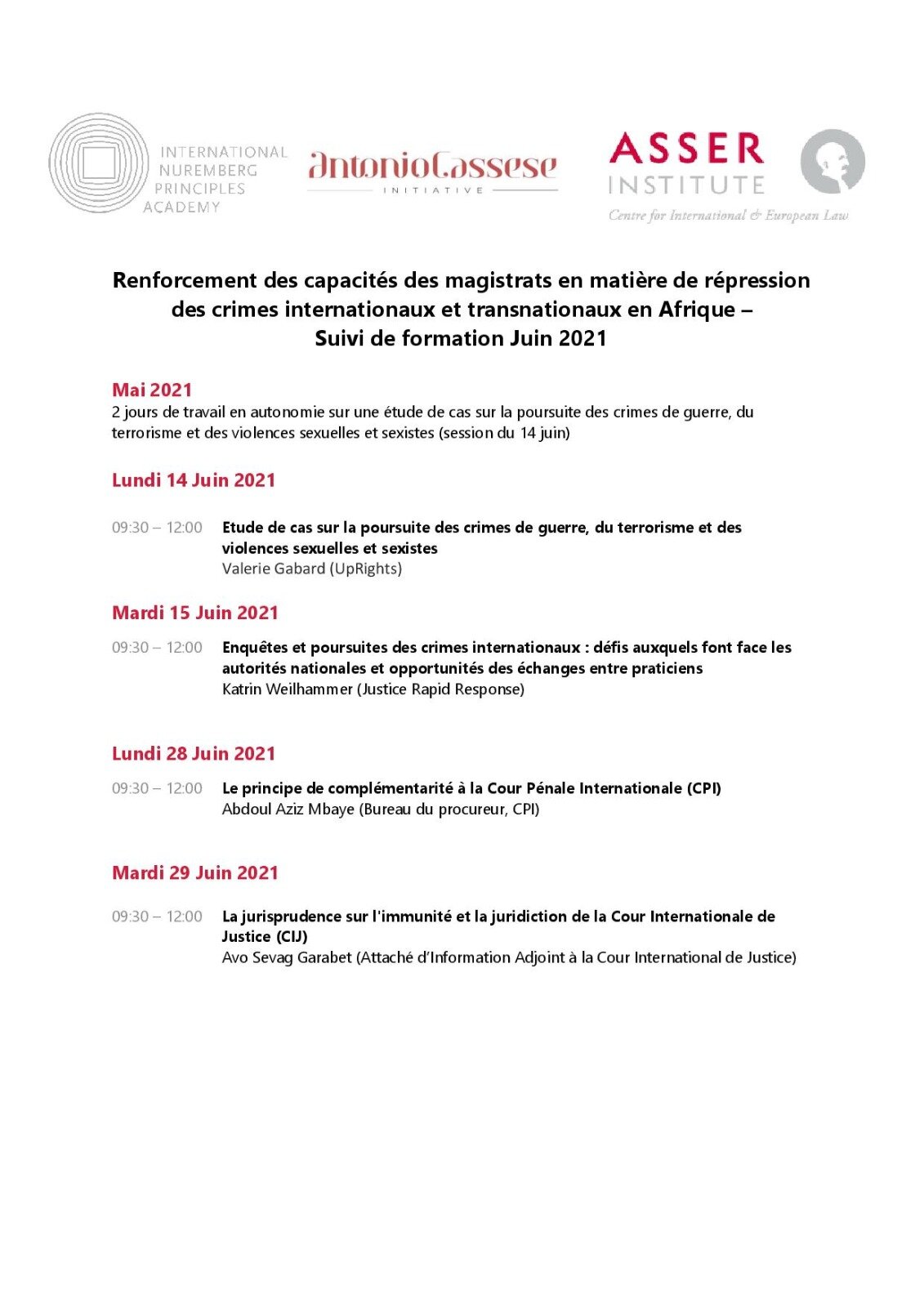On 1 July 2021, the European Center for Constitutional and Human Rights (‘ECCHR’), with the support of UpRights, filed a Request to the Office of the Prosecutor of the International Criminal Court to review its decision of 9 December 2020 not to pursue an investigation with respect to the Situation in Iraq/UK.
In December 2020, the ICC Office of the Prosecutor announced that it would not pursue an investigation with respect to the Situation in Iraq/UK concerning alleged war crimes committed by UK armed forces in Iraq between 2003 and 2009. In its decision, the Office of the Prosecutor determined that there was a reasonable basis to believe that members of the UK armed forces committed war crimes in Iraq. However, under the complementarity assessment, the Office of the Prosecutor found that the relevant potential cases were inadmissible, concluding that the UK authorities are not unwilling to genuinely conduct investigations and prosecutions vis-à-vis the alleged crimes, pursuant to Article 17 of the Rome Statute.
With the support of UpRights, ECCHR filed a request seeking the ICC Prosecutor to reconsider the decision to close the situation in Iraq/UK or, in the alternative, to seek a ruling from the Pre-Trial Chamber under Article 19(3) of the Rome Statute to review the approach adopted with respect to the complementarity assessment.
The ECCHR’s request articulates eight legal and factual errors that affected the outcome of the decision of the Office of the Prosecutor. According to the ECCHR, in addition to an inadequate analysis of the circumstances of the UK’s deficient domestic investigations, the Office of the Prosecutor also adopted an incorrect interpretation of the complementarity regime set by the Rome Statute and applied an excessively high standard of proof regarding the UK’s unwillingness to prosecute alleged war crimes. The request further submits new facts and evidence which warrant the reopening of the preliminary examination under Article 15(6) of the Rome Statute.
The ECCHR’s request represents a unique effort to challenge a decision by the ICC Prosecutor not to proceed with an investigation pursuant to Article 15(6) of the Rome Statute.
The Rome Statute does not provide victims and civil society organizations with a remedy to directly challenge the Prosecutor’s decision not to open a proprio motu investigation. Article 53(3) of the Rome Statute, instead, only gives referring States or the Security Council the power to request the Pre-Trial Chamber to review a decision of the Prosecutor not to proceed with an investigation. The lack of statutory remedies for victims and civil society organizations, who are essential information-providers for the Court, represents a problematic unbalance and can be seen as a gap in the Rome Statute. The ECCHR’s request attempts to fill this gap and UpRights is pleased to have contributed to this important effort to ensure justice for victims.
Read the ECCHR Press Release

